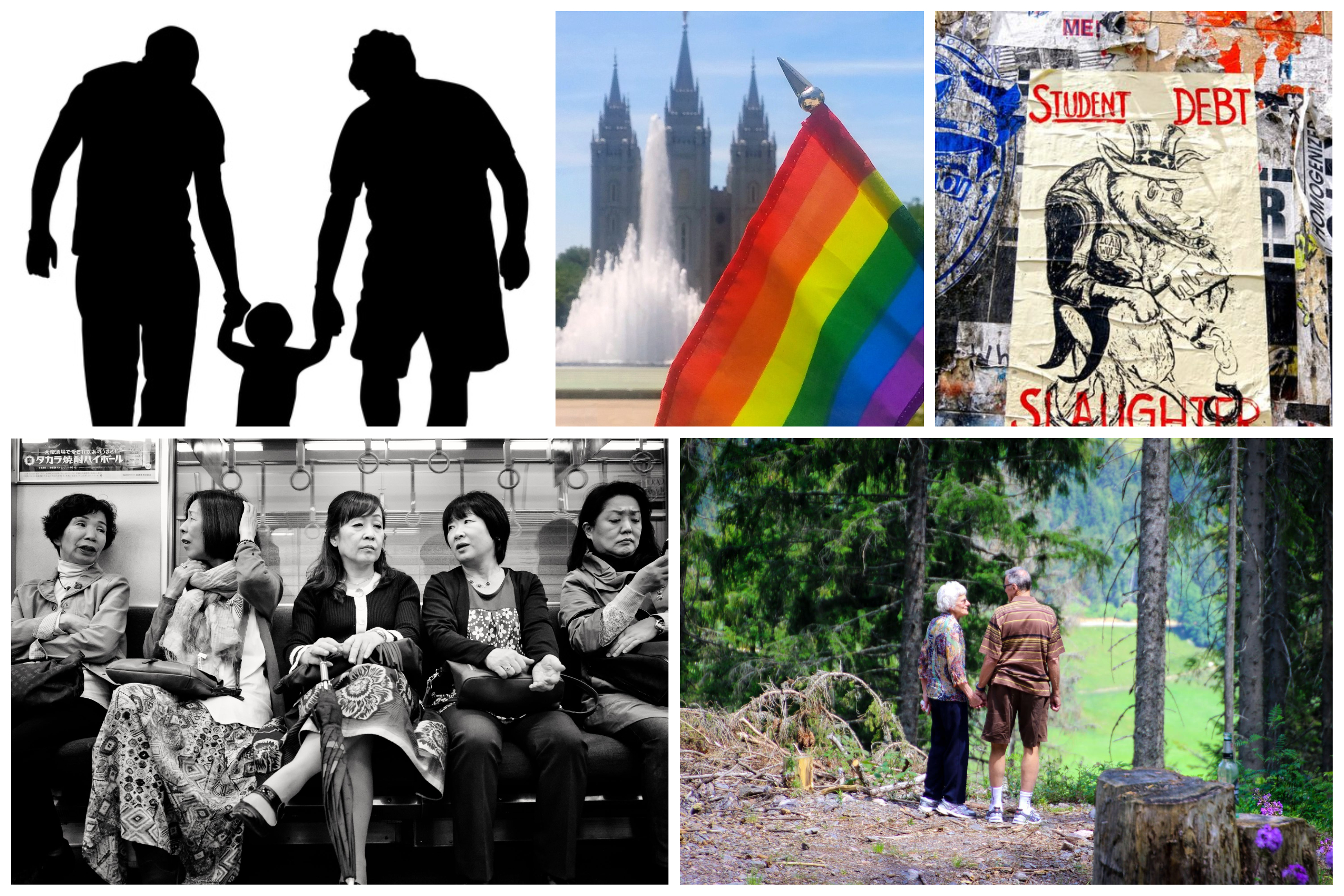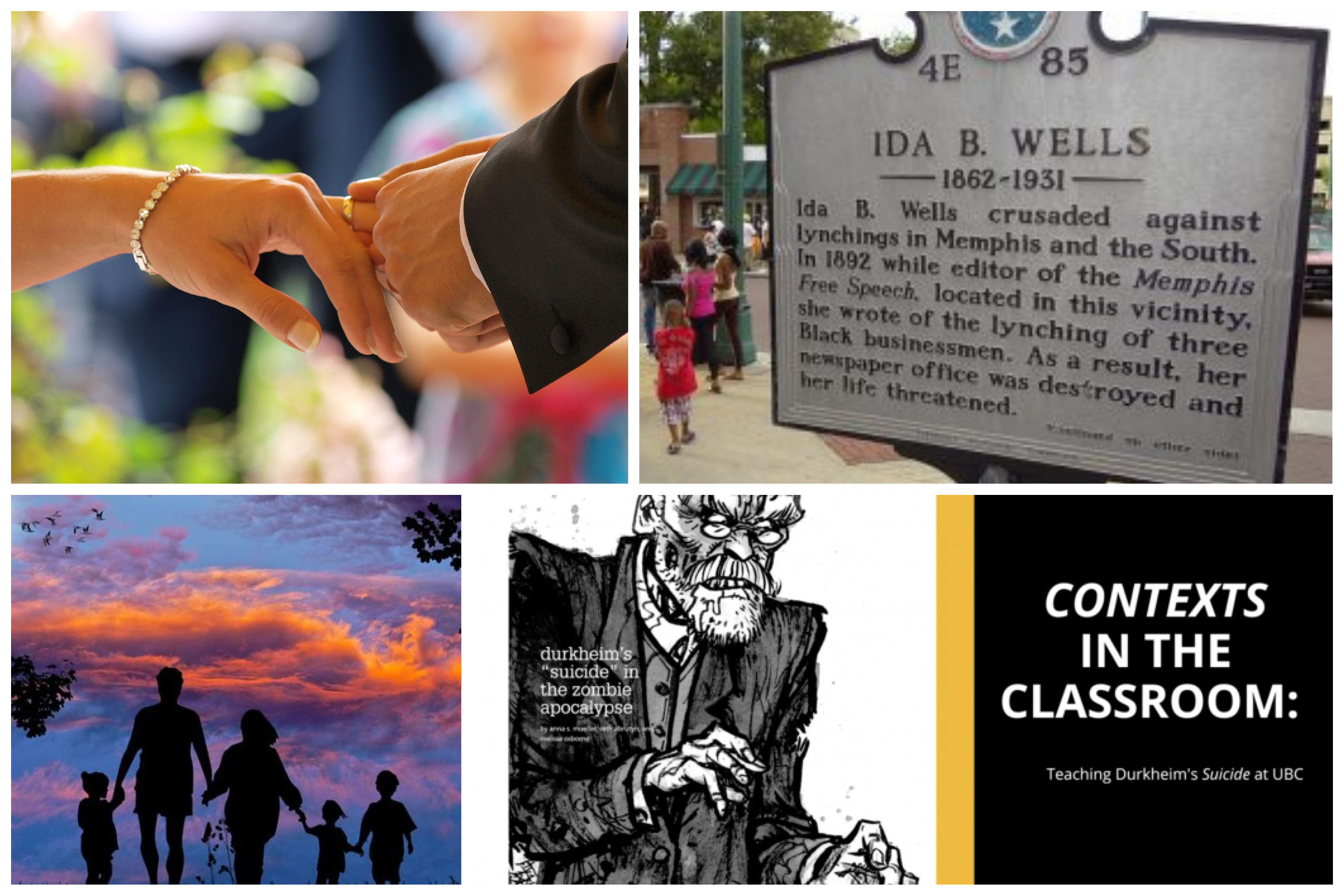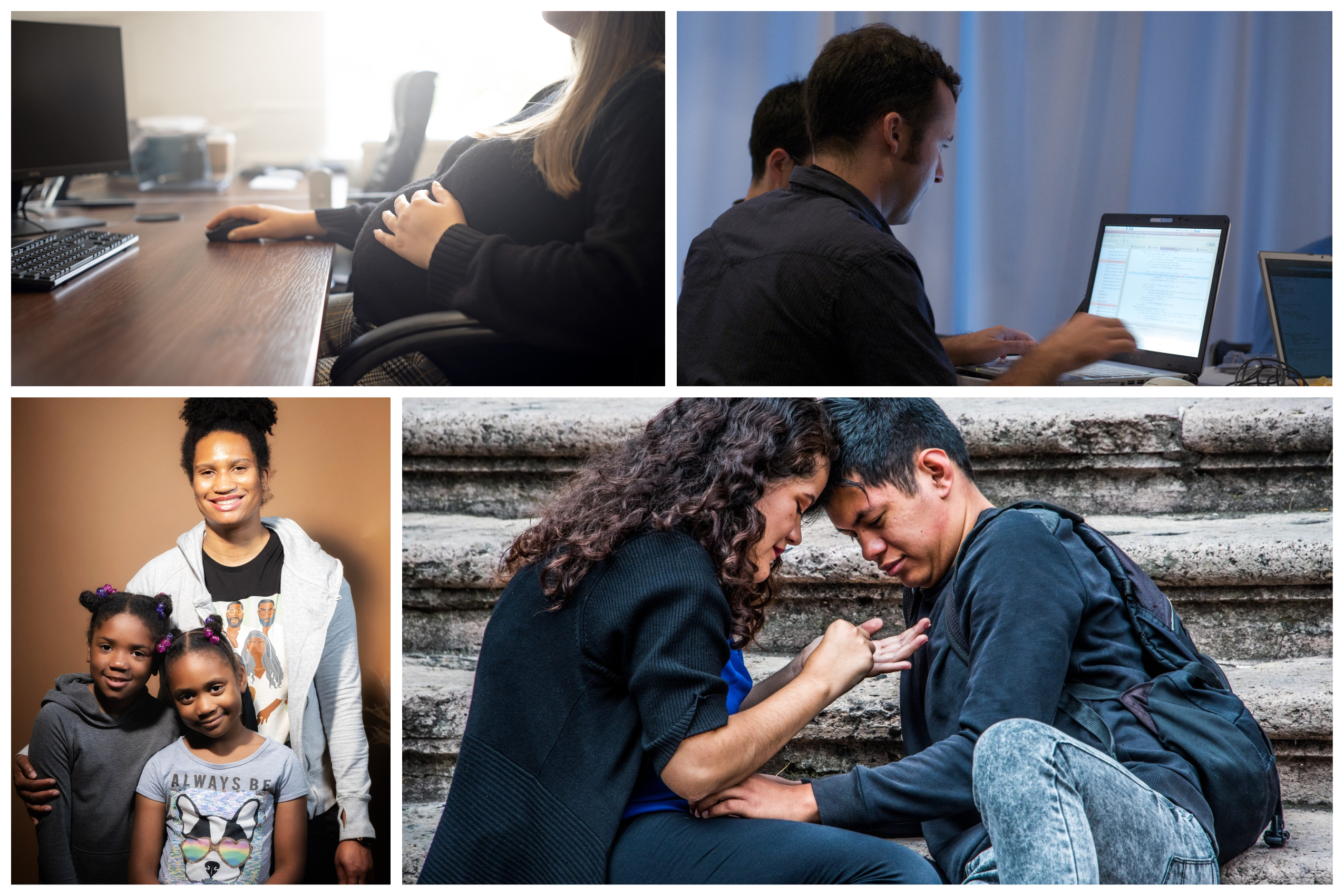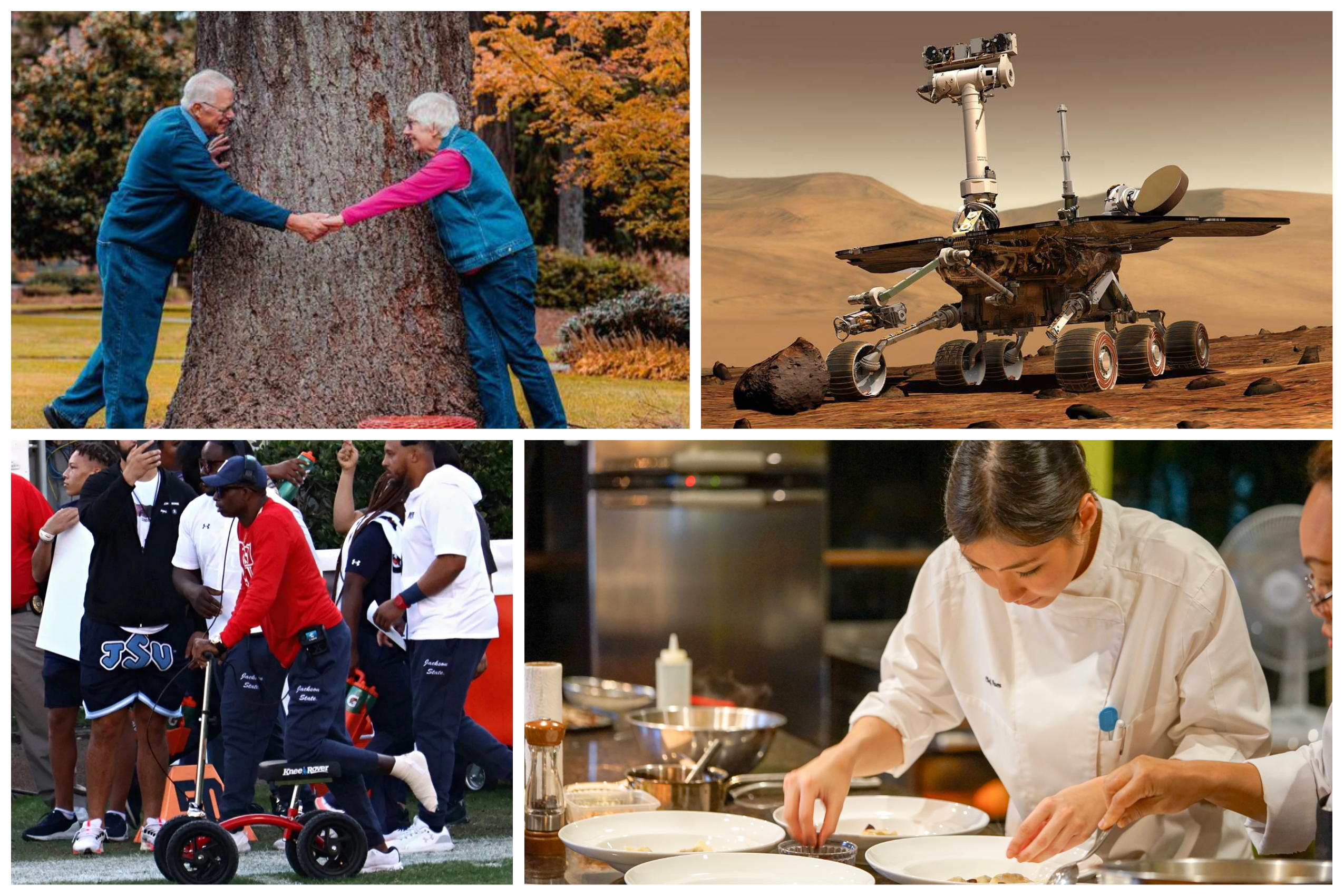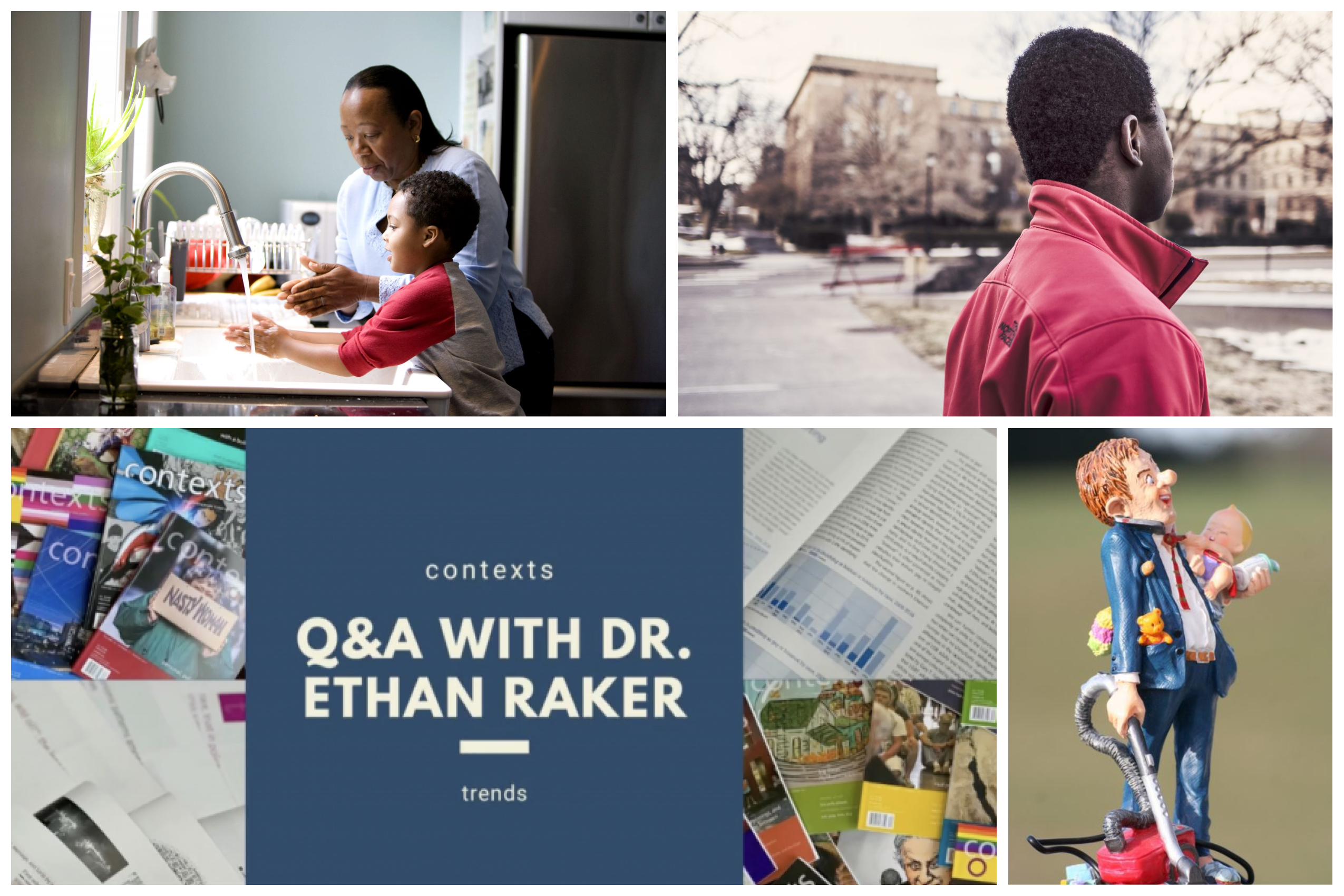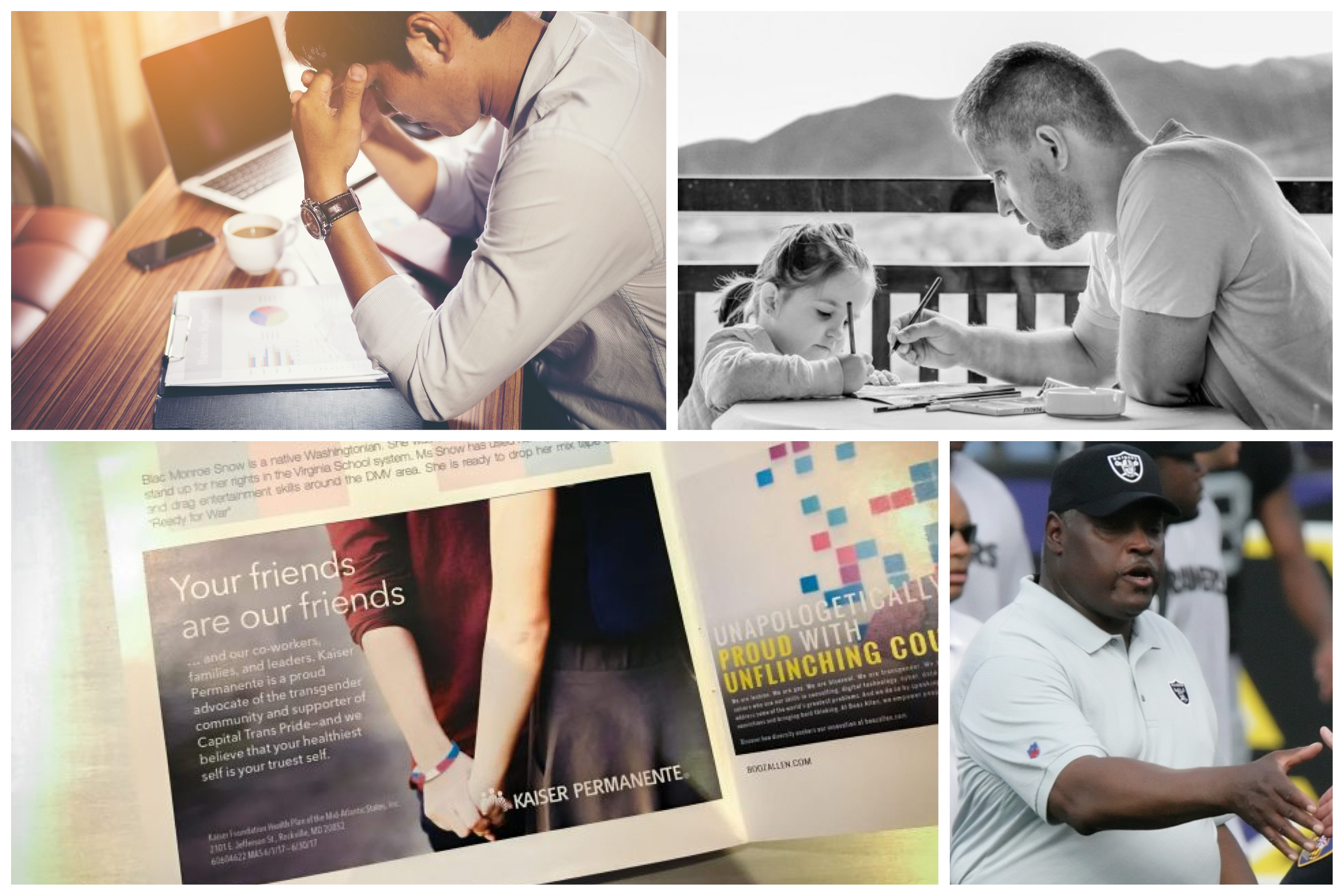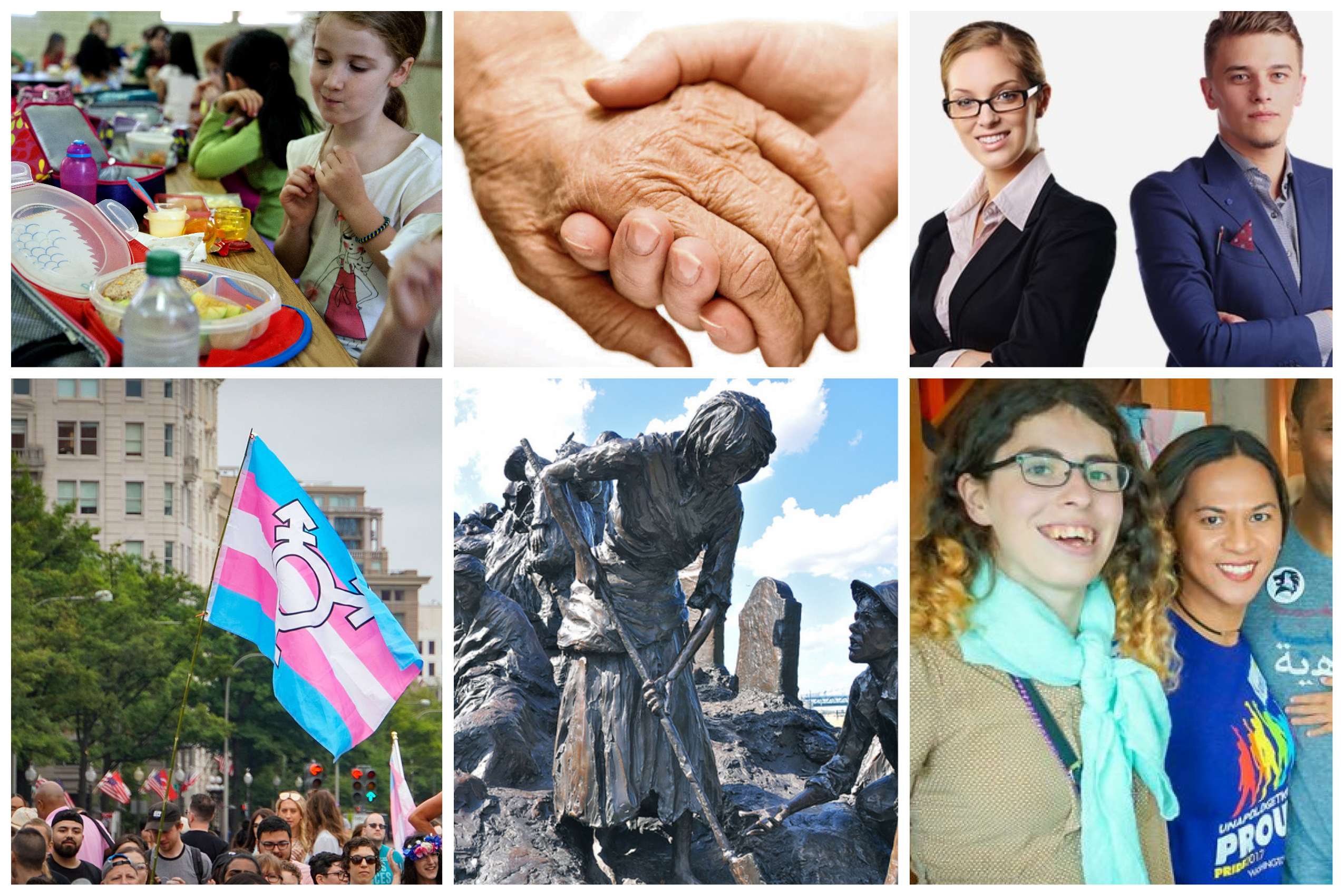
New and Noteworthy
Check out our write up of new research from Danya Lagos showing that there has not been one “trans tipping point.” Although more people now identify as transgender, the relationship between other social identities and transness has changed over birth cohorts.
Worth a Read (Sociologically Speaking)
For Contexts Sophie X. Liu shared stef m. shuster and Laurel Westbrook‘s call for exploring joy in sociology with their research showing that authenticity, pride, mental health benefits, and community are elements of trans joy.
Citings and Sightings
The Los Angeles Times drew on the work of Kate Cairns and collaborators, Priya Fielding-Singh, and Caitlyn Collins, and Kathleen Gerson to help us understand why parents, especially mothers, are judged so harshly for how and what they feed their kids.
From the Archives
Happy Saint Patrick’s Day! Even if today is not the one day of the year you claim Irish ancestry check out our roundup of research on how Irish people (and other European ethnic groups) became white in the United States.
More from Our Partner and Community Pages
For Council on Contemporary Families’ blog Jaclyn S. Wong wrote about how her research shows that workplace and childcare, egalitarian cultural models, and coordinated action from partners are all necessary to achieve equal dual-earner partnerships.
Virginia Rutter for Girl w/ Pen shared thoughts on James Butler’s essay “This Concerns Everyone” on the challenges of care which is necessary and costly, both economically and personally, but rarely centered in political debates.

